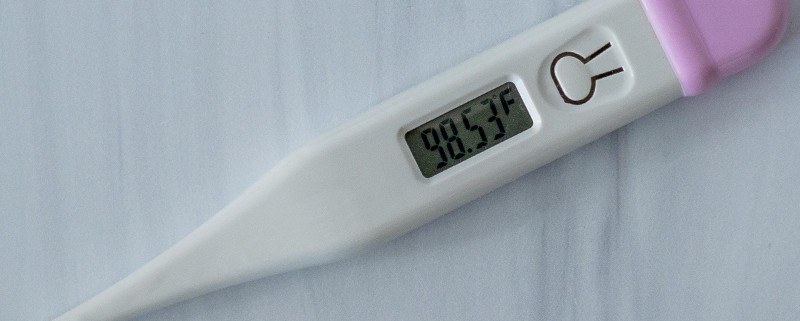Hyperhidrosis is a condition that is characterized by excessive sweating and usually occurs mostly on the hands, feet, armpits, and face of the affected patient.
In normal cases, the body produces sweat episodically meaning that sweat is usually produced as a response to something whether it be stress, anxiety, when you are exercising, or when you are running a temperature after which it dissipates.
In a small percentage of patients with hyperhidrosis, this exocrine function doesn’t stop and they sweat in conditions that don’t warrant it for e.g. in an air-conditioned space or while simply just relaxing. Hyperhidrosis can in some instances be linked to an underlying cause, however, in many cases, there is no known medical cause.
Hyperhidrosis can be classified into two groups – primary and secondary hyperhidrosis.
Primary hyperhidrosis
Primary hyperhidrosis can cause undue sweating in large quantities usually evident on the face, feet, hands, and underarms of the patient.
Secondary Hyperhidrosis
Secondary hyperhidrosis usually presents itself in larger areas that are dispersed all over the body and is caused by heat, underlying medical conditions, or even from some types of medication.
Many cases of primary hyperhidrosis are usually hereditary in nature. Patients with hyperhidrosis sweat from the eccrine gland which are found in large quantities on the hands, feet, face, and underarms. Overstimulation of the eccrine gland is what causes hyperhidrosis and sometimes all that is necessary to trigger excessive sweating is a mere thought of potentially feeling a certain way.
How is it treated?
Over the counter medicine can be used to treat hyperhidrosis.
- Anticholinergics affect the nerve glands to secrete less sweat. This medication comes in pill form, or in the form of a cream that is applied to the skin.
- Botox injections
- Anxiety medication
- Low intensity electrical current treatments
Surgery is usually the last resort. Doctors perform a thoracic sympathectomy where the doctor removes the nerves and sweat glands in the affected area. This can cause other side effects which include sweating elsewhere such as on the back, chest, and legs for example.
Secondary hyperhidrosis is usually caused by an underlying medical condition and causes sweat to be produced whilst sleeping. Secondary hyperhidrosis usually occurs all over the body and can be caused by the following factors such as pregnancy, hyperthyroidism, gout, shingles, menopause, and many others as well as certain medications used to treat conditions such as diabetes or depression.
If you are suffering from this medical anomaly and want to find out more information about this condition, contact us at Concierge Medicine of Jupiter today for personalized medical care assistance with a difference.





